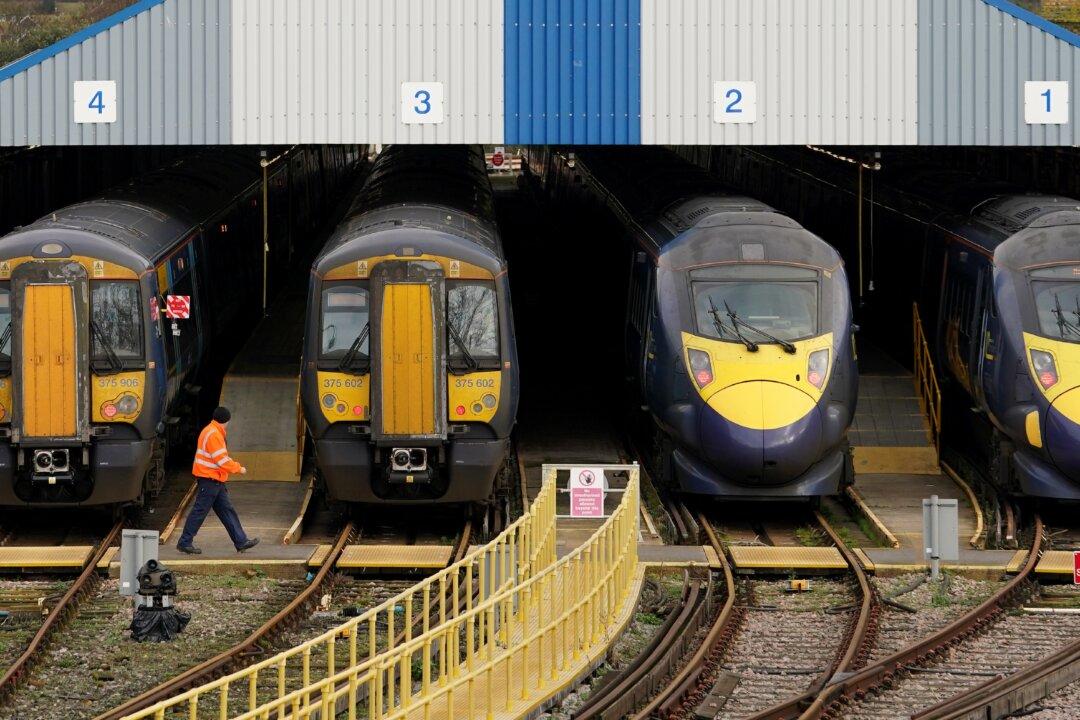The UK government has announced new legislation to ensure “minimum safety levels” in the most crucial sectors when industrial action takes place.
In a statement released on Thursday, the government said it will “always protect the ability to strike,” but it must be “balanced with the public’s right to life and livelihoods.”





